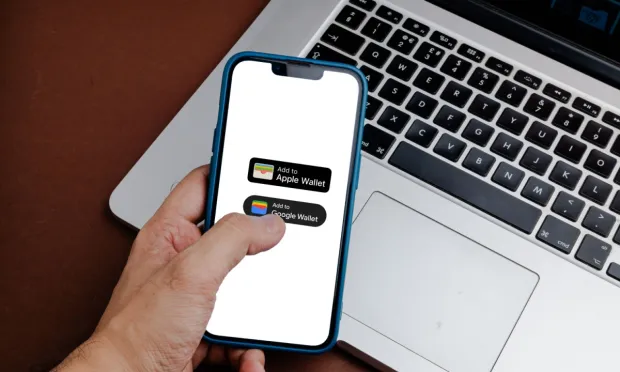There is a growing disconnect between consumer-focused payment advances and commercial ones.
And while it’s not new news that business-to-business (B2B) payments often lack the intuitive, user-friendly interfaces that have come to be viewed as table stakes in today’s digital age — with the revelation that emerging decision-makers are avid digital wallet users, embracing the consumerization of B2B payments is top of mind for enterprise leaders looking to bridge the experience gap between their personal and professional payments.
After all, for the procurement executive who buys their coffee on the way to work using a digital wallet, orders lunch on a platform using the same embedded payments advances, but then spends hours of that workday trying to reconcile information from various financial institutions, the disconnect in payments innovation is especially stark.
Fortunately, B2B payments, traditionally characterized by complex, paper-based processes that are not only time-consuming but also prone to errors, are more and more getting a digitally driven facelift as businesses come around to the fact that we are almost a quarter of a century into the latest millennia and cutting paper checks just doesn’t cut it anymore.
As time marches on, observers are wondering whether digital wallets will establish themselves as the next, great B2B payments mechanism.
Changing Needs and Expectations
Digital wallets have introduced a more streamlined, secure, and efficient way of conducting B2B payments. This evolution is not just about technology; it’s about the changing needs and expectations of businesses in a digital-first world.
“There’s a lot of change going on in the industry,” Kelli Svymbersky, vice president of payment at CCC, told PYMNTS. “We are all expecting that … payment experience that we have in our personal lives across business transactions … the payments experience is [becoming] a part of the organization’s brand.”
Digital wallets offer a range of workflow functionalities beyond merely the B2B payment, including the ability to manage multiple accounts, track spending and even leverage credit options.
And the demand for faster payments combined with the need for more transparent, traceable transactions are at the forefront of the adoption of digital wallets in the B2B sector, as businesses increasingly start to eye innovative solutions for improving cash flow and financial planning against the challenges of today’s macroeconomic backdrop.
The marketplace is responding in turn, with Visa announcing this February that its suite of B2B payment solutions would now enable financial institutions to add virtual corporate cards to the digital wallets of their clients’ employees.
As Gloria Colgan, senior vice president and global head of product at Visa Commercial Solutions, and Conferma Pay CEO Jason Lalor told PYMNTS’ CEO Karen Webster in an interview posted in August, integrating virtual cards with digital wallets gives chief financial officers the ability to control corporate spending, especially unplanned spending.
The enhanced security features of digital wallets, such as encryption and tokenization, provide an added layer of protection against fraud, while the ability to consolidate financial operations within a single platform in real-time also simplifies the management of corporate finances.
Transformation of B2B Payments
In the report “Tapping the Payments Opportunity in SMB Retail,” PYMNTS Intelligence found 65% of small and medium-sized businesses (SMBs) are spending 14 hours per week on administrative tasks for payment collection.
Digital wallets represent a more streamlined, secure and efficient way of conducting and reconciling B2B payments.
As Kat Battle, product manager for Complete AP at Bank of America, told PYMNTS, “More and more organizations are recognizing the need to update and modernize what has historically been a manual, paper-based process — but one that’s also very mission critical to the business function.”
But despite their benefits to businesses, the adoption of B2B digital wallets is not without its challenges beyond just scaling acceptance. Integration with existing financial systems and ensuring compliance with regulatory standards are significant hurdles. Additionally, there is a need for businesses to understand the importance of data security and privacy in the digital age. Educating businesses on the benefits and best practices of using digital wallets is crucial for overcoming these obstacles and fostering wider adoption across both sides of the transaction.

